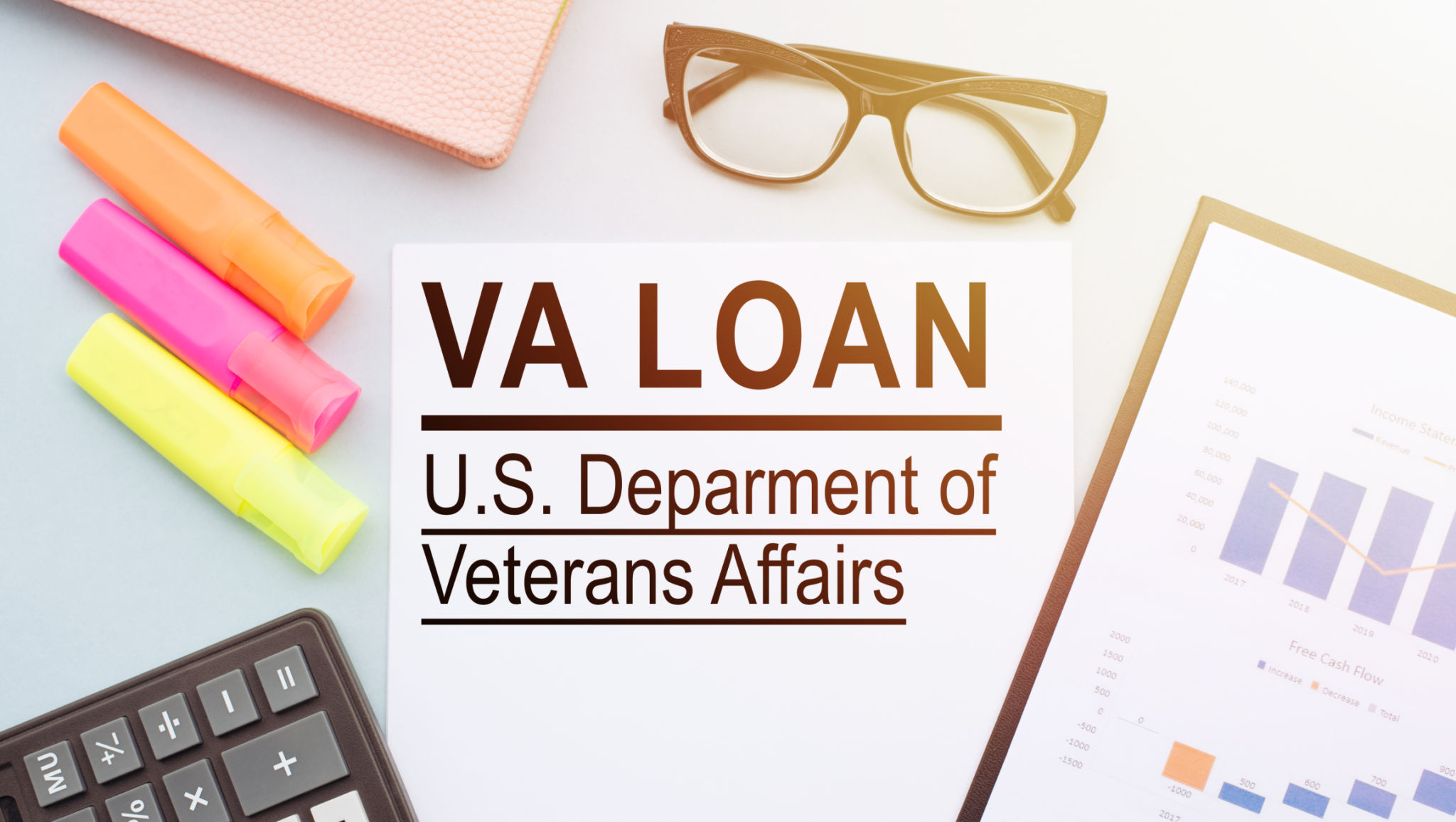Comparing Financing Options for Multi-Unit Property Purchases
Understanding Financing Options for Multi-Unit Properties
Investing in multi-unit properties can be a lucrative venture, offering both rental income and long-term appreciation. However, one of the most critical steps in this process is choosing the right financing option. With several options available, it's essential to understand the pros and cons of each to make an informed decision that aligns with your investment goals.

Conventional Loans
Conventional loans are often the go-to choice for many real estate investors. These loans are not backed by the federal government, allowing for more flexibility in terms and conditions. Typically, they require a substantial down payment, often 20% or more, and a strong credit score. The benefit of a conventional loan is that it usually offers competitive interest rates and a straightforward approval process.
However, the downside is that these loans can be challenging to qualify for if you don't have a robust financial profile. Moreover, lenders may impose stricter guidelines for multi-unit properties compared to single-family homes.
FHA Loans
The Federal Housing Administration (FHA) offers loans that are particularly attractive for first-time investors or those with less-than-perfect credit. FHA loans require a lower down payment, sometimes as low as 3.5%, making them more accessible to a broader range of investors. Additionally, they offer the benefit of potentially lower interest rates.

However, FHA loans come with certain restrictions. The property must be owner-occupied, meaning you need to live in one of the units as your primary residence. Plus, there's an additional cost of mortgage insurance premiums, which can add up over time.
VA Loans
For veterans and active-duty military members, VA loans offer a unique opportunity to invest in multi-unit properties with no down payment required. This benefit, combined with competitive interest rates and no mortgage insurance premiums, makes VA loans an attractive option.
The primary limitation is eligibility; only veterans, active service members, and certain members of the National Guard and Reserves can apply. Additionally, similar to FHA loans, VA loans require owner occupancy in one of the units.

Portfolio Loans
Portfolio loans are offered by banks or lenders who keep the loan on their books rather than selling it on the secondary market. This type of loan is beneficial for investors who may not meet traditional lending criteria but have a solid investment plan. Portfolio loans offer greater flexibility in terms of credit requirements and loan structure.
The trade-off is that interest rates might be higher, and terms can vary significantly from lender to lender. This requires careful consideration and potentially more negotiation.
Commercial Loans
For larger multi-unit properties, commercial loans might be the most suitable option. These loans are designed for properties with more than four units and typically involve more complex underwriting processes. Commercial loans often have higher interest rates but provide access to larger sums of capital.

The qualification process for commercial loans is generally more stringent, focusing heavily on the income potential of the property rather than the individual's financial profile. This makes them ideal for seasoned investors with larger-scale investment plans.
Conclusion
Choosing the right financing option for your multi-unit property purchase is crucial to maximizing your investment’s potential. Each option comes with its own set of advantages and disadvantages, depending on your financial situation and investment strategy. Carefully consider your options, consult with financial advisors, and ensure you align your choice with your long-term property investment goals.